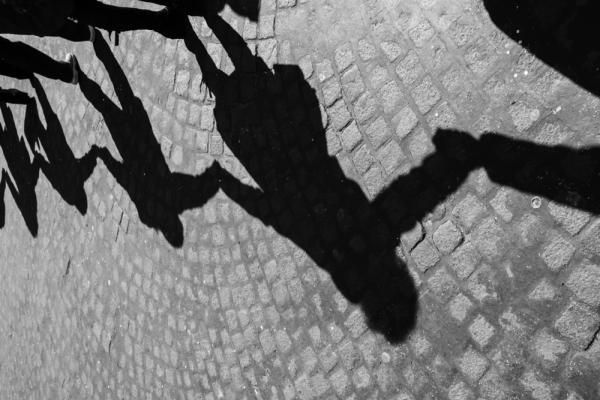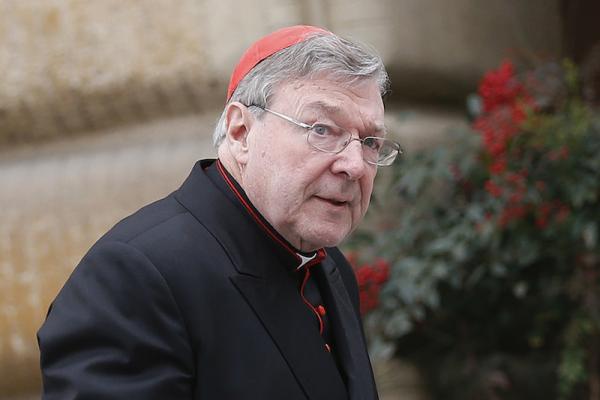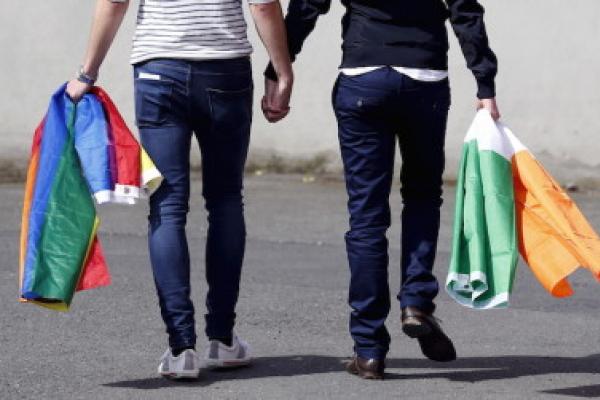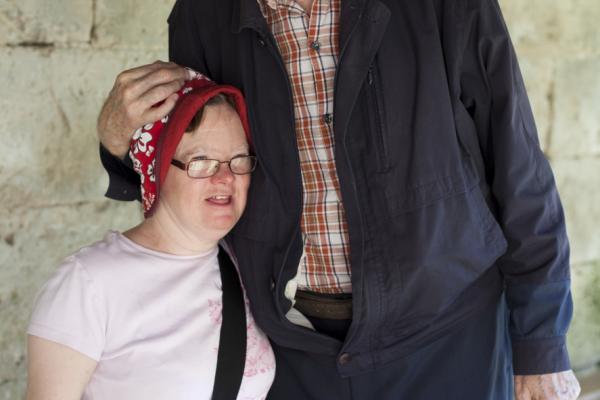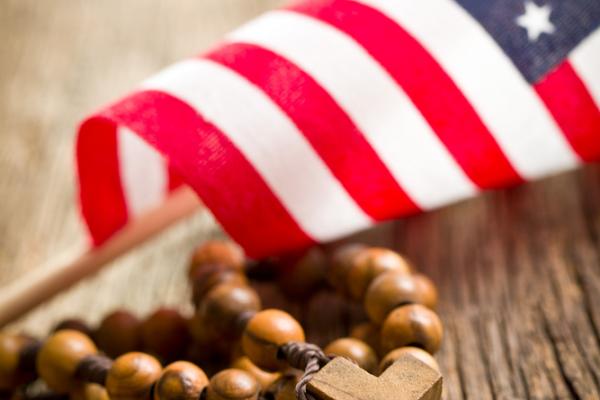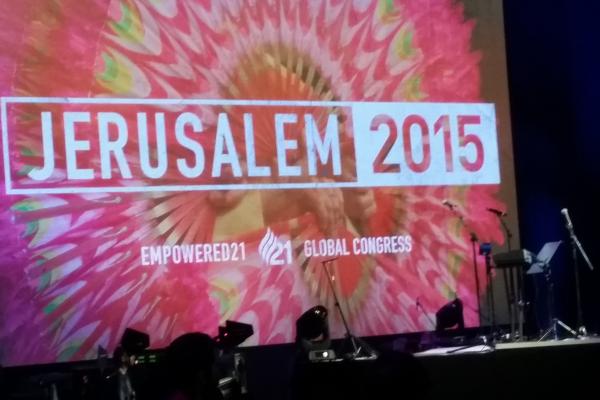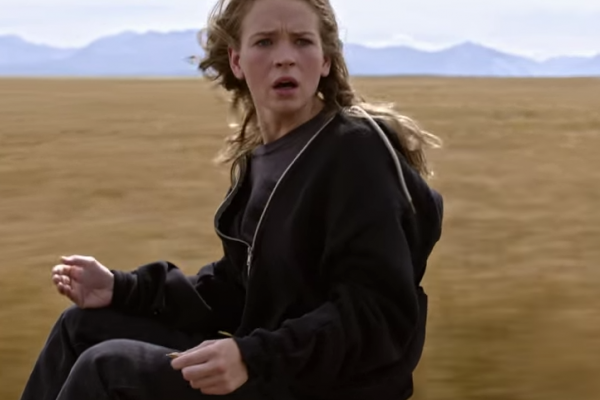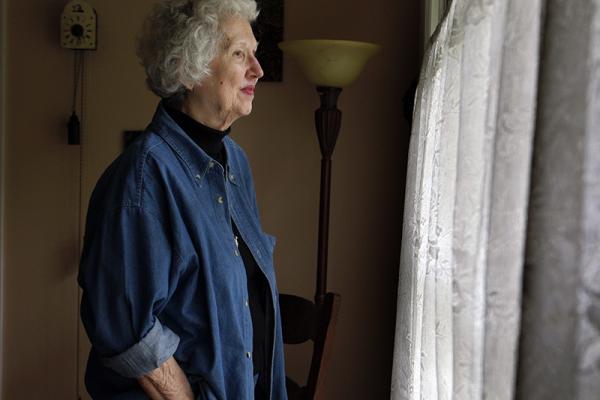If you take human autonomy as your starting point, you lose sight of the most central characteristic of human nature: we learn who we are and how to behave from one another. How we treat children is who they will become.
This bit of wisdom has gone by many names, among them the popular notion of the “self-fulfilling prophecy.” If teachers consistently have low expectations for certain groups of kids — say, minorities or those labeled as “problem kids” — the kids will meet those meager expectations but rarely exceed them. Why? Because our sense of identity is not something we own or develop in isolation. We become ourselves in and through the significant relationships that nurture us from the cradle and envelop us as we move out into the world.
More than 55,000 people have signed a petition calling for Cardinal George Pell to return to his native Australia and face a government commission on child sex abuse, after allegations that he tried to bribe the victim of a pedophile priest.
Addressed to Pope Francis, the Change.org petition calls for Pell — the Vatican’s financial chief and former archbishop of Sydney — to answer questions from Australia’s Royal Commission into Institutional Responses to Child Sexual Abuse.
Three times in the past month, the Nebraska Legislature voted for a bill to repeal capital punishment and replace it with life without parole. The governor has promised to veto the legislation, and an override vote is looming. Many of the Christian lawmakers made it clear they cast their votes against the death penalty, in part, to promote a whole life ethic.
The leader of the group is Sen. Colby Coash of Lincoln, a Catholic who put his personal reasons for opposing capital punishment into one easily understood phrase.
“I am pro-life,” he said.
In many ways, Ireland remains a heavily Catholic country.
Yet the emphatic “Yes” vote to same-sex marriage rights on May 22 represents a seismic shift in the nation’s social liberalization and challenges the Roman Catholic Church to rethink its role in Irish society.
The problems of the world can overwhelm us. When we are confronted by the Divine in the cries of human need, we may, like Isaiah, feel unworthy and ill-equipped to respond. However, if we allow this Divine experience to transform our human weakness, we can find the courage and strength to answer that call, as Jean Vanier has, with a bold, “Here I am!” What follows may be more difficult than we can imagine, but we can be confident in the knowledge that the work we do is Holy work.
Well, here we are again. The season that seems to come around all too often and stick around far too long. Some of our dinner table dynamics are still trying to recover from "conversations” that percolated during the last election season and our “unfriend” counts have finally slowed.
So, how does the Jesus community live in this election season as a signpost of the kingdom rather than a pawn in a political power play?
“It’s a new form of Christianity,” explained Opoku Onyinah, “now also living in the West.” He’s the president of the Ghana Pentecostal and Charismatic Council, and also heads the Church of Pentecost, begun in Ghana and now in 84 nations. Onyinah was speaking at a workshop on “How Shall We Walk Between Cultures,” and explaining how African Christianity is interacting with postmodern culture. It was part of Empowered21, which gathered thousands of Pentecostals in Jerusalem over Pentecost.
I’ve found this idea intriguing. Pentecostalism, especially as it is emerging in the non-Western world, is a postmodern faith. Often I’ve said, “An evangelical wants to know what you believe, while a Pentecostal wants to hear your spiritual story.” Perhaps it’s an oversimplification. But Pentecostalism embodies a strong emphasis on narrative and finds reality in spiritual experiences that defy the logic and rationality of modern Western culture.
Christine Caine gave a passionate and prophetic call for the church to be continually changing, even while at its core, it is “the same.” That constant change is driven by God’s continuing call to be sent as witnesses in the world. “We want power,” she told the spiritually hungry Pentecostals gathered before her. “But we don’t know what it’s for.” It’s not for ourselves, not for our own spiritual ecstasy. The power of God’s Spirit is given for us to be witnesses to God’s transforming love. And one can’t change the world without being in the world, instead of running from it. “We’re not here,” Christine Caine proclaimed, “to entertain ourselves.”
You could feel how her words stuck a deep chord within the crowd of those listening. I walked over to sit by a friend who is bishop of a large Pentecostal church. “This is the best word that’s been spoken,” he said to me. And that’s after we had heard eight world famous Pentecostal preachers.
It’s both ironic and appropriate that the new Disney film Tomorrowland is being released exactly a week after Mad Max: Fury Road. The new film from director Brad Bird (The Incredibles, The Iron Giant, Mission Impossible: Ghost Protocol) is the polar opposite of post-apocalyptic. It’s a film that’s hugely optimistic about the future, and our ability to fix the world’s problems through good old-fashioned ingenuity. The movie occasionally veers towards overly naïve, and its internal logic doesn’t always work. But despite some problems, it remains a refreshing alternative to a summer movie season that’s otherwise been filled with darker worldviews.
The film starts not with a jump forward, but backward, to the 1967 World’s Fair, where boy genius Frank Walker arrives with a homemade jetpack and hopes of winning an inventing competition. There Frank is befriended by a mysterious girl named Athena (Raffey Cassidy), who takes him to the magical world of Tomorrowland, a colorful futuristic place full of advanced discoveries and retro-space age design.
Her once boundless energy starts to fail by midday. She started radiation treatment on May 21, mainly in an effort to forestall the possible collapse of her spine, which would leave her helpless and in intractable pain.
“That sounds a little formidable to me,” she says.
“I was never much for suffering.”
She goes on, her words carefully chosen. “Am I grateful for this? Not exactly. But I’m not unhappy about it. And that’s very difficult for people to understand.”
